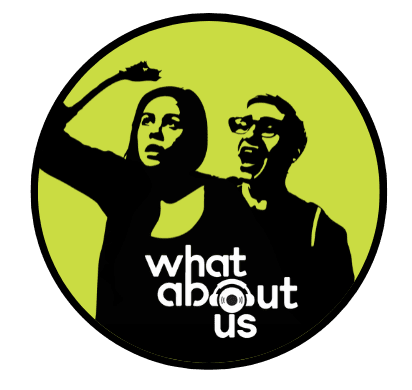The right to free speech is a notion that people in the United States hold dear to their hearts and one which is enshrined in their over two hundred year old constitution. However, recent times in the political map of the country have made their citizens stand up and question whether free speech can fit neatly into the modern world and the modern world of social media platforms.

The last year of the tenure of Donald Trump as president has seen a lot of unrest in the United States over the value of the lives of black citizens and on the contrary, has seen a spotlight on the activities of conspiracy theorists and white supremacists voicing their anger at what they see as being wrong with the country. The former president’s response to what was going on lead to a series of actions by the technology companies in America.
The contradictions at the centre of social media, such as Twitter and Facebook, have been highlighted this month as the ban on outgoing US president Donald Trump’s activities have come into effect on Facebook and Twitter for none other than incitement to violence. There has been a huge backlash amonngst his supporters as to the validity of such a ban, as they are crying foul over the right to free speech in the country.
People are getting increasingly more worried that the technology companies are becoming too dominant in our 21st century lives and their power should in some way be curtailed. The fear is that these businesses are a little too omnipresent in our lives and can dictate what we are doing and how we do it when we are sitting in privacy in our own living rooms at home.

Balanced against this is the need to curtail the ability of people to incite and enflame people, especially when that person is seen to be a role model for those who are following him in the actual life. Role models do not always intend to incite and enflame but a casual or off the cuff remark can be the starting point for violence and intimidation in others.

The backlash has been hurled at the increasing power of the technology companies, such as Facebook and Twitter to ride, as they see it, roughshot over the right to say what you can within the confines of the law. As the head of Twitter, Jack Dorsey, is quoted as saying, blocking well known politicians ‘sets a precedent I feel is dangerous, the power an individual or corporation has over a part of the global public conversation.’
Facebook is heralded as having closed the former president’s account, for an indefinte period over Trump’s alleged incitment to violence and their counterparts on Twitter have done so permanently. In further actions, Amazon and Apple and Google have acted to make sure that right wing group Parler do not conduct their business online for fear of them spreading right wing violence.

It could be said that in applying the toothless end of anti-trust policy to the field of ideas and discussion may not lead to the ideal ways of having a global argument. In dividing the discussion on the internet betwen partisan platforms could follow on to a splitting of public debate and could only end up consolidating the tribal characteristics of the partisan’s politics which we find in today’s world.
In order not to look into a limited number of appeals against Facebook’s decision to censor content, the orgsnisation has established an independent Oversight board in the last twelve months. However, it has not come clean on whether it woud think of going against Mr Trunp’s social media ban with the company, saying ‘we are not comenting further to avoid prejudicing the review processs.’
Donald Trump, in his last year in the White House, waged a war against the Chinese internet video service, Tik Tok, in the hopes that he could silence those who were against him and those he could not control. It was also an effort to stem the dominance of China in the world. This led to outrage in a number of quarters internationally, leading to people decrying the excessve arm of big brother and the lack of civil liberties. However, it has worked out that Tik Tok is still around today, but the Trump presidency is not.

As we go further into the new year, people are trying to find the right balance between being able to voice their opinion and the right of the social media giants to control what is put out on their websites. People should be able to discuss what is on their minds without being hassled but incitement to violence has no place in 2021. Hopefully, we will see the balance being corrected as the year goes on.


